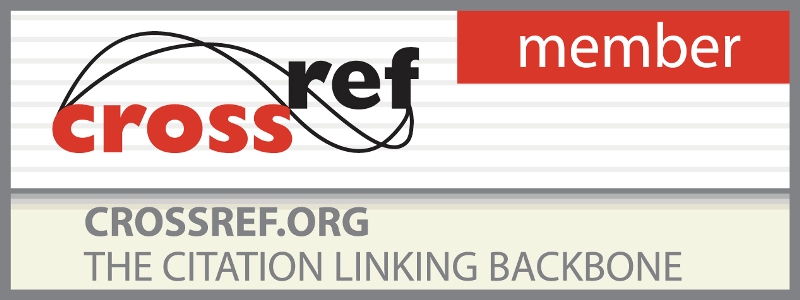Reviewing the concept of modernity. An interdisciplinary approach in historical, philosophical and architectural dimensions
DOI:
https://doi.org/10.31381/arquitextos30.6193Keywords:
philosophy and modernity, modern thought, aesthetic modernity, space and time, Modern MovementAbstract
TThis study of modernity, approached from a philosophical and architectural perspective, delves into a multifaceted concept rooted in historical events and philosophical outlooks. When addressing modernity, it is imperative to transcend the constraints of specific dates and consider it as a way of conceiving history and the world. Modernity is characterized by its ability to challenge rooted traditions and mark a distinct transition from the old to the new. Despite its historical ties to events such as the fall of Constantinople and Columbus’s voyages, its essence extends beyond these dates. Max Weber emphasizes Western modernity’s critical role in modern capitalism’s emergence. At the same time, Martin Heidegger underscores the intimate relationship between humans and their environment, giving special significance to the act of dwelling and the act of construction itself. In aesthetics, modernity translates into a passionate pursuit of abstract beauty, a rebellion against traditional conventions, and an exaltation of the present. In modern architecture, functionality and simplicity take precedence, leading to a fundamental reconfiguration of the concepts of space and time. Buildings are conceived as accurate “machines for dwelling,” perfecting the ideal of a perfect user. The article concludes by highlighting the role of modern architecture in redefining space and time within the framework of modernity








